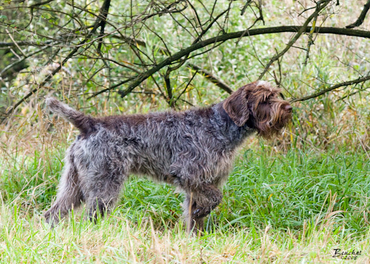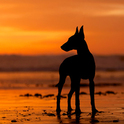In the decade since the first sequencing of the dog genome, an explosion of research has revealed fascinating things about their evolution from a wolf ancestor to our closest animal companion.
| Of course the traits that brought us together are those that have made them useful for guarding, herding, hunting, companionship, and so much more. The breadth and plasticity of canine morphology and behavior have fascinated scientists for decades, and now with modern genomic tools the hunt is on to discover the genes that make the dog so special. We have made progress in identifying some of the major genes that define structure, but nailing down the genes for particular behavioral traits has been harder. It's clear that the behavioral complexity that makes dogs so wonderful is a reflection of equally complex genetics that will not be giving up its secrets too easily. |
Our next course:
The Genetics of Behavior and Performance in Dogs
Information & Registration
Starts 13 July 2015
ICB Institute of Canine Biology
...the latest canine news and research
ICB Breeding for the Future
...the science of animal breeding


